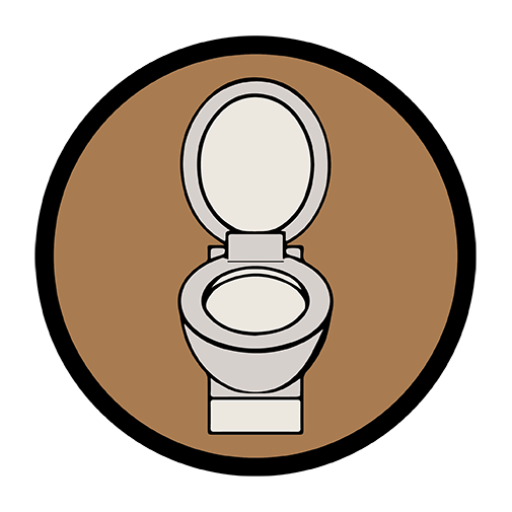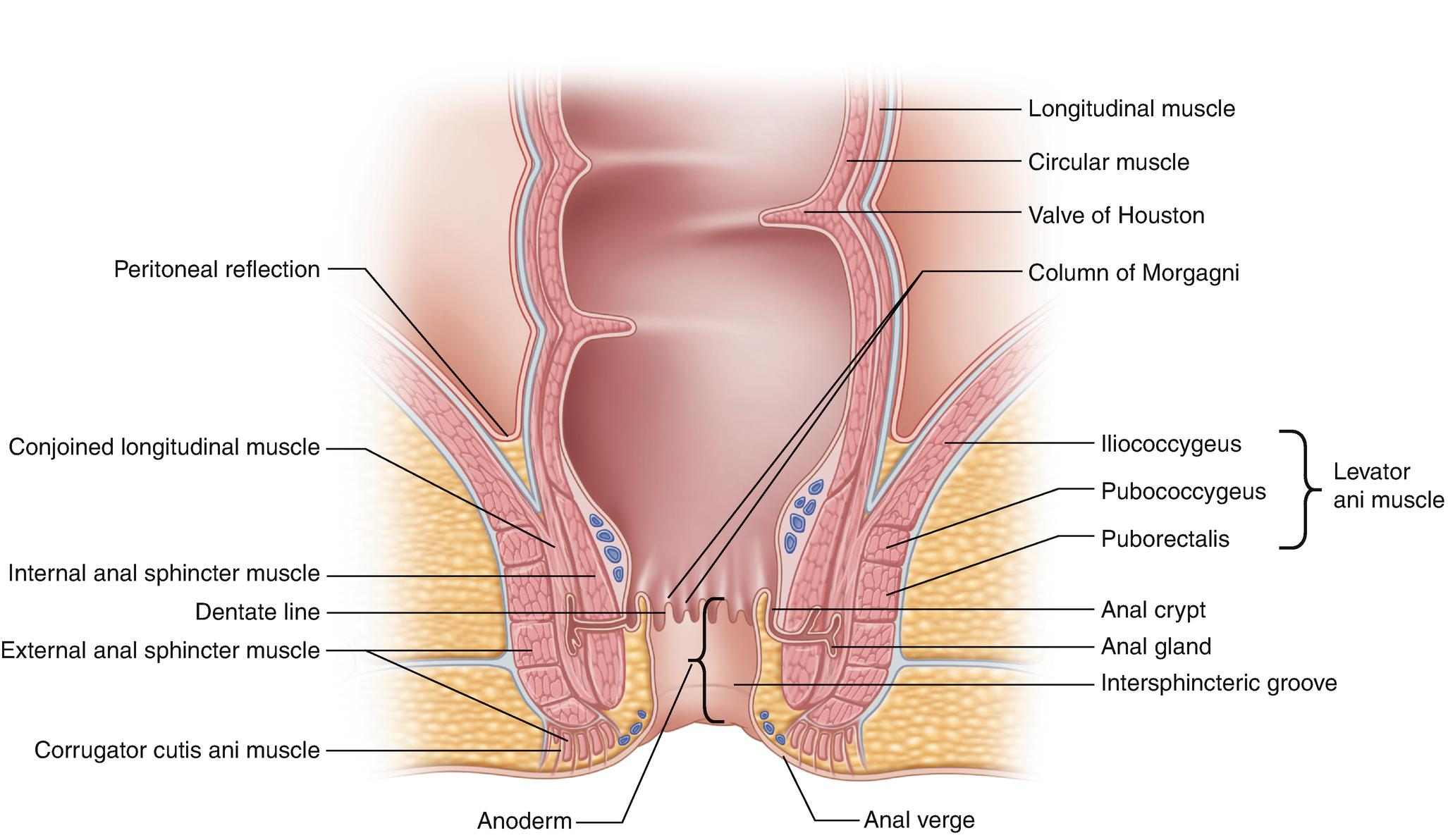A nurse gives a good explanation
After taking a poop, many experience the need to pee. This can be an unusual question but maybe many wonder why this happens and it’s more common than you think.
According to Natalya Yvette, a nurse at UCLA Medical Center, who answered this question on Quora, there’s a reasonable explanation.
The human body has both voluntary and involuntary muscles including those for helping us to pee and poop. These muscles have dual functions, holding urine and stool in as well as expelling them outside. But the muscles that hold in stools are much stronger and larger than those that hold in urine. The primary muscles that hold stools in are called internal and external sphincters.
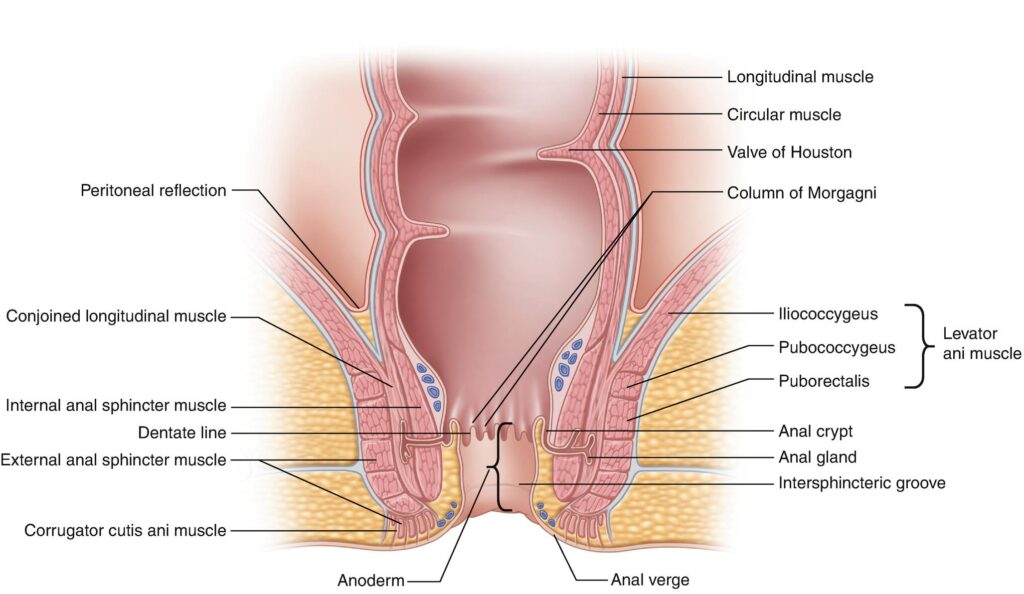
The internal sphincter is a completely involuntary organ, and when poop passes through this muscle, it slowly relaxes. Then, poop contracts the external sphincter which is a voluntary muscle. That’s when we feel more pressure in our rectum, and the need to poop increases. So, if we can sit down on a toilet and relax our external sphincter poop can passes through. However, if we decide against going at that particular time, we deliberately constrict our external anal sphincter, which keeps the poop in the rectum.
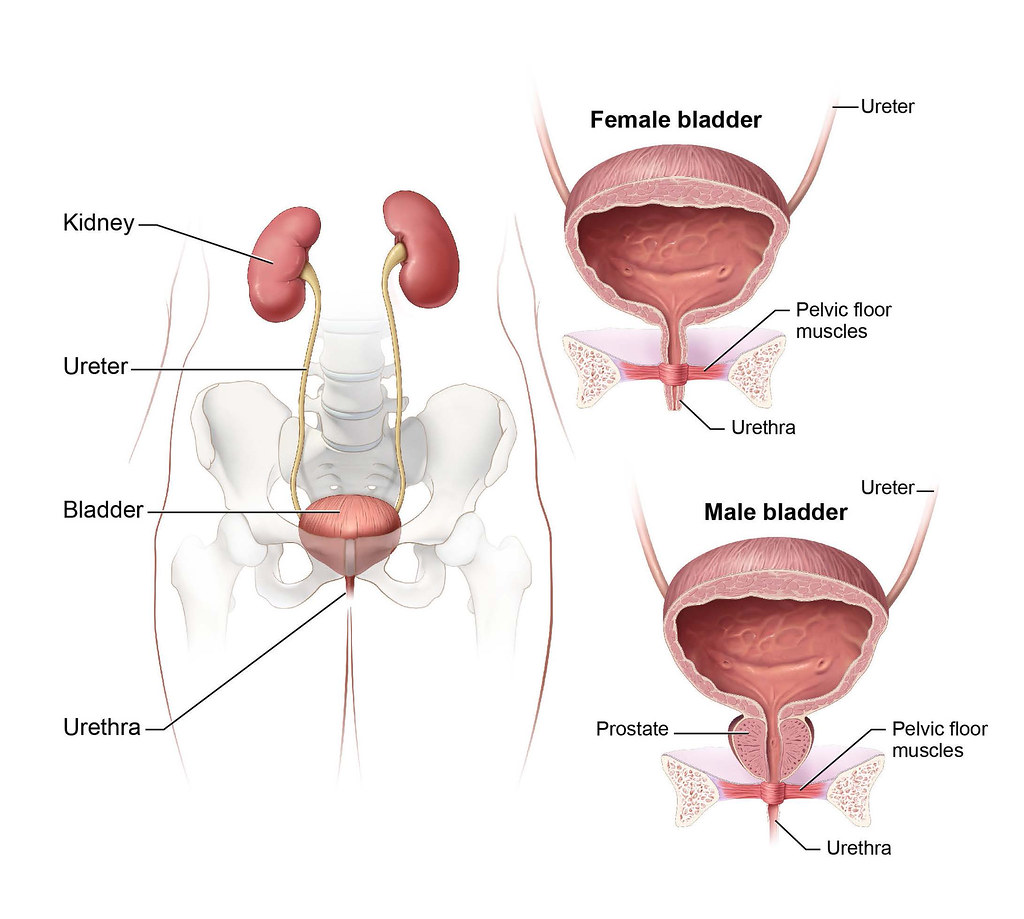
The control of urine is similar. Although the muscles are weaker and smaller, the actions are the same. There is both an involuntary internal urethral sphincter and a voluntary external urethral sphincter. When the pressure inside the bladder is high enough, the internal urethral sphincter opens. We can hold back the urine by contracting the external urethral sphincter or urinate by releasing this muscle.
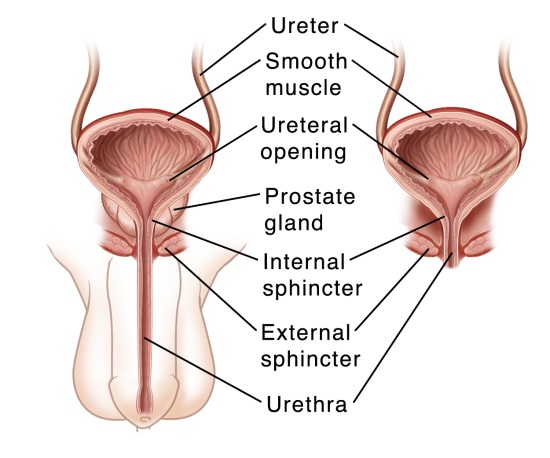
So why do we need to urinate? The reason is that the pelvic floor muscle relaxes when we poop, in addition to allowing stool to pass, it decreases the tension in our urinary sphincters, thereby allowing urine to flow.
It is easier to have control over your anal sphincters than your bowel, so experiencing this means you are perfectly normal. The anatomy of the male and female pelvis is very different, which also affects how urine and stools are controlled in men and women.
